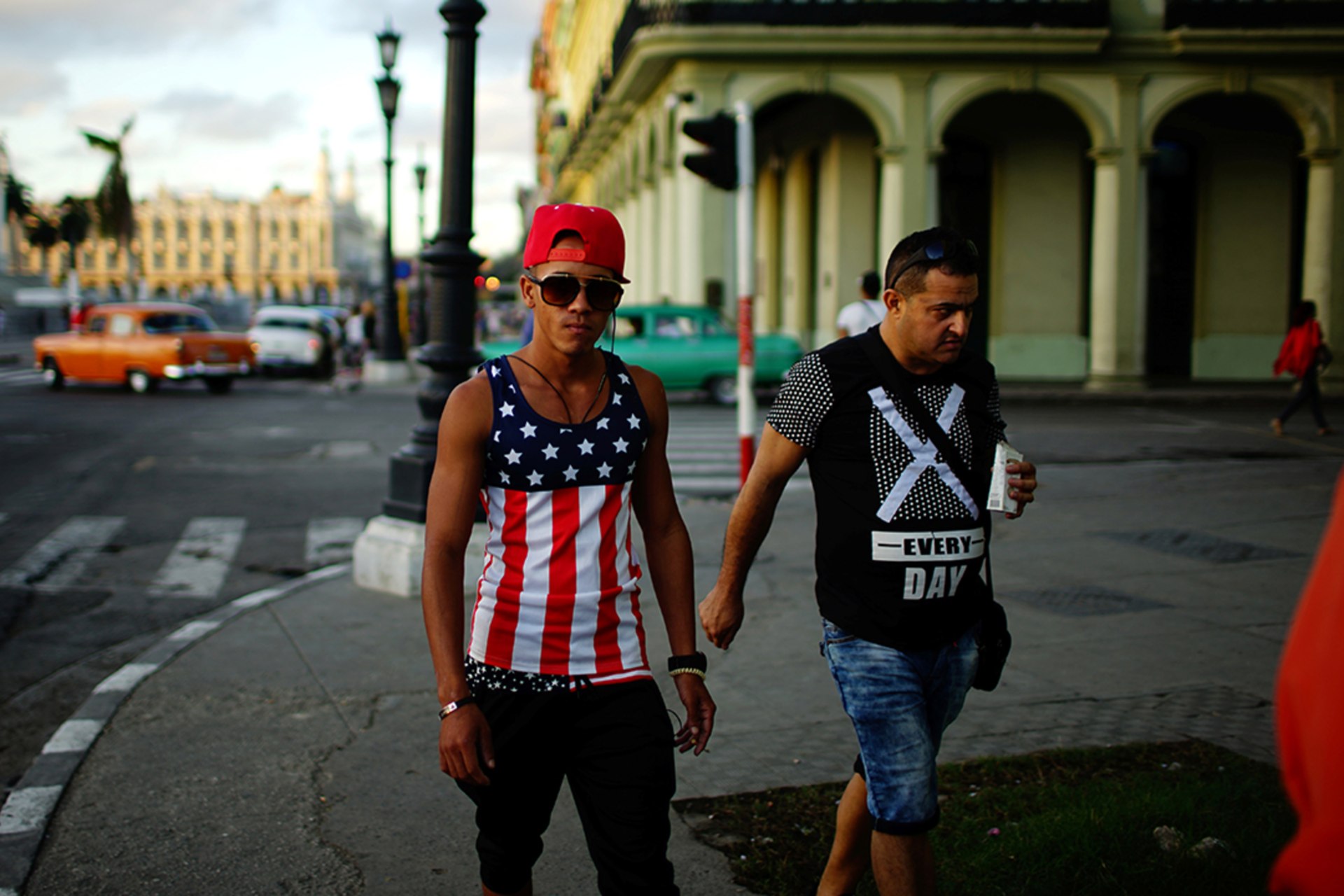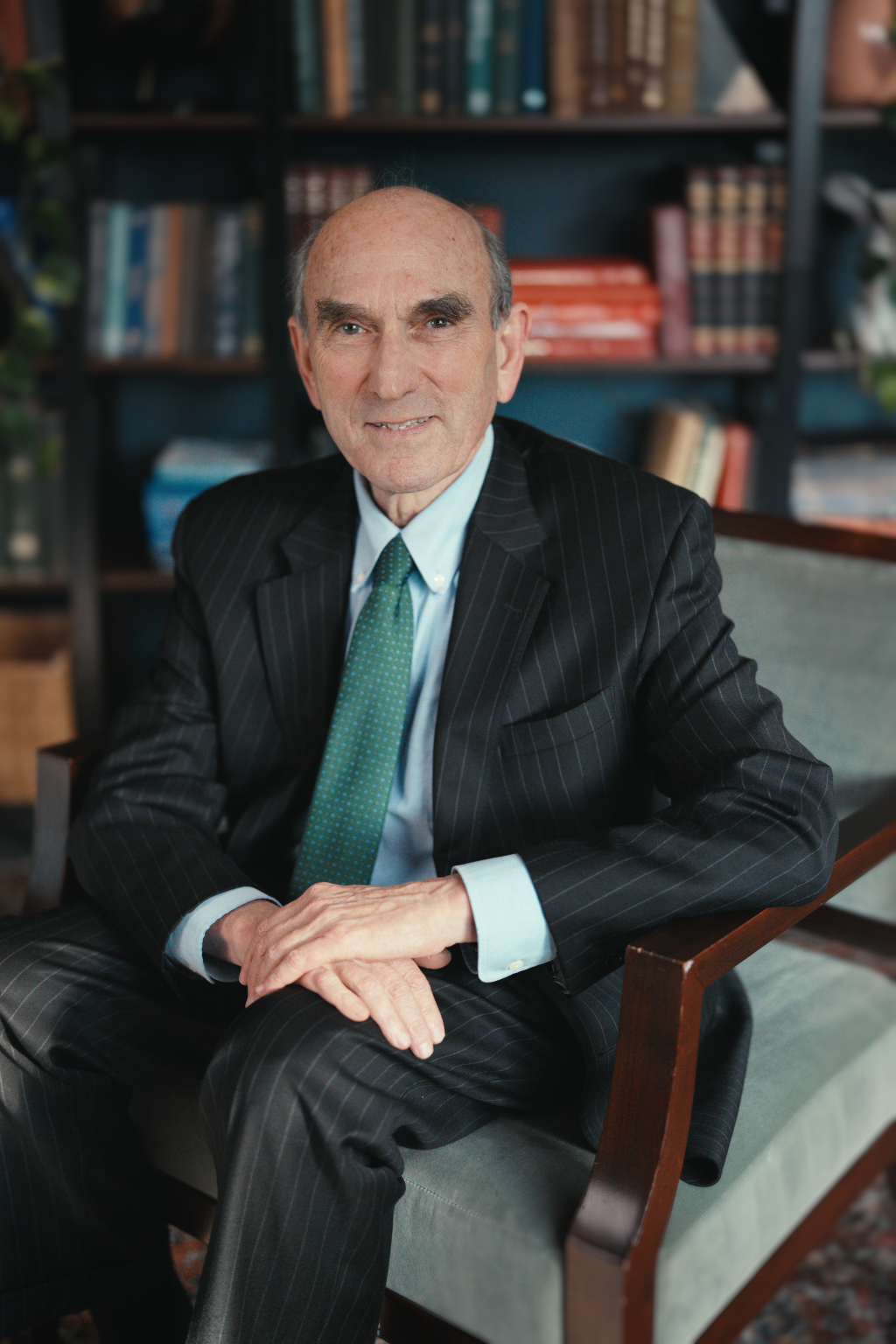Time to Tighten the Screws on Cuba?
With the Castro era coming to a close in Cuba, it may be time for President Donald J. Trump to take back some of his predecessor’s concessions to Havana.

The U.S. gamble with Cuba has not paid off. President Obama’s attempts to catalyze reforms in the communist country by thawing bilateral relations fell flat. The Trump administration has wisely walked some of these policies back, but many Obama-era concessions remain in place.
With President Raul Castro’s impending retirement, the United States should consider stepping up pressure on Havana, relenting only when new leadership grants the Cuban people real democratic gains.
Obama’s Ill-Conceived Gamble
President Obama began to ease decades-old restrictions on remittances and travel to Cuba soon after his inauguration. Under his changes, Cuban-Americans were permitted to send unlimited amounts of money to relatives on the island, and Americans were permitted to travel there as individuals rather than in educational or religious groups.
In 2014, during Obama’s second term, he and Raul Castro restored full diplomatic relations and reopened U.S. and Cuban embassies. In 2016, the president made a historic visit to Cuba, allowed commercial flights between the countries to resume, and permitted cruise ships departing from U.S. ports to dock in Cuba. However, despite the Obama administration’s efforts, the U.S. embargo on Cuba remained in place, impeding attempts to expand trade.
Obama argued this normalization with Cuba was required because the previous U.S. policy “was not working.” In a speech during his 2016 visit to Havana, he called for a real political opening in Cuba. “I believe citizens should be free to speak their mind without fear, to organize, and to criticize their government, and to protest peacefully, and that the rule of law should not include arbitrary detentions of people who exercise those rights,” he said. “And, yes, I believe voters should be able to choose their governments in free and democratic elections.”
Weak Returns
What was the impact of Obama’s policy changes? U.S. remittances and tourism to Cuba rose substantially, but trade—limited by the embargo—did not follow suit. Rather, it actually declined: U.S. exports to Cuba (there are almost zero imports from the island) fell from approximately $533 million in 2009 to $283 million in 2017, Obama’s last year in office. No doubt removal of the embargo, which would require U.S. congressional action, would have spurred trade, but there is no reason to think it would have led to political changes.
In fact, the increases in tourism and remittances and the opening of official diplomatic ties during the Obama years did not spur gains for Cubans on the human rights and political front. The Cuban Commission for Human Rights and National Reconciliation, an independent nongovernmental organization, found that in 2016 Cuban authorities detained 9,940 individuals, a record number. There were 5,155 detentions reported in 2017, but there were likely many more prisoners of conscience. Internet censorship has not diminished nor has access expanded. There have, of course, been no free elections.
In its latest report on Cuba, Amnesty International stated, “The Ladies in White, a group of female relatives of prisoners detained on politically motivated grounds, remained one of the primary targets of repression by the authorities. During detention, the women were often beaten by law enforcement officials and state security agents dressed as civilians.”
Obama’s Cuba policies may have actually undermined U.S. objectives there. Former Florida Governor Jeb Bush wrote in 2016 that “prominent leaders of Cuba’s peaceful opposition believe President Obama’s concessions to the Castro regime have been counterproductive to the fight for freedom.”
A One-Sided Bargain
Obama’s policies failed for several reasons. On trade, Cuba simply has few products to export to the United States and little money with which to buy U.S. exports. On human rights, the Obama administration failed to demand any improvements from Cuba in exchange for the various diplomatic, trade, and travel concessions it granted Havana. So Cuba’s rulers took what they were offered, but felt little pressure to change. It’s a mystery, in fact, why Obama believed his concessions would inspire any changes in a country with the Communist Party and Raul Castro entirely in charge.
Trump’s Half Measures
The Trump administration has left most of Obama’s major changes intact, despite the new president’s tough rhetoric. “The previous administration’s easing of restrictions on travel and trade does not help the Cuban people—they only enrich the Cuban regime,” President Trump said in June 2017.
Under Trump’s leadership, the United States has restricted commerce with Cuban entities owned by the military and security services, such as hotels owned by the Cuban army, and it has ended individual travel. The State Department also warned Americans not to visit Cuba following attacks first reported in 2017 on U.S. diplomatic personnel there that left two dozen with serious and unexplained health problems. However, Trump has not altered regulations covering commercial flights and cruises to Cuba or travel by tour groups.
It is too early to judge whether Trump’s policies will have a significant commercial impact. Cruise ship passenger arrivals appear to be rising, but multiple airlines have canceled flights from the United States due to low demand. The net effect on U.S. citizen travel to Cuba will have to be calculated after another year or two.
On the human rights side, it is not too soon to conclude that Trump’s policy has had no positive effect. There has been no movement by the Castro regime toward the fundamental U.S. goals of freedom and democracy.
Looking Past the Castros
That neither the Obama nor Trump administration has made much headway on improving Cuba’s political and human rights situation might suggest that U.S. influence in Cuba is small. That is, the island has been governed since 1960 by a Marxist regime whose internal policies are determined solely by its ideology, not by the rising or falling of U.S. tourist and commercial dollars or by changes in U.S. rhetoric. In this sense Obama was right in saying the U.S. embargo was “not working” to induce change in Cuba, but wrong in thinking that ending the embargo would “work” any better. A vigorous push by the Obama administration for major human rights improvements in exchange for an end to the embargo might have put the regime under serious pressure. Instead, Obama’s policies provided the regime legitimacy while bringing no benefits to Cubans struggling for freedom and human rights.
The Trump administration will soon face a Cuba that looks different—if Raul Castro retires in April as planned, there will be no Castro running the country for the first time in nearly sixty years. But whether the island’s next government will be different is another question, for the Communist Party will remain in full control—and Raul Castro will remain the party’s top official. All of the likely candidates for president, including First Vice President Miguel Diaz-Canel, rose through party ranks.
Given the failure of previous efforts, the United States should maintain or heighten pressure on Cuba for at least two reasons. First, U.S. policy should reflect American values. The United States should refuse to relax any trade policies that will bring economic gains to the regime unless there are tangible benefits for the Cuban people. U.S. actions in multilateral forums such as the Organization of American States (whose hemispheric summit in Lima, Peru, on April 13 will be attended by Trump) and the United Nations can help build international pressure. At the very least, the United States should avoid any words or actions that assist the regime in maintaining its tyranny or undermine the morale of Cubans working peacefully for change.
Second, Cubans, as well as the international community, will expect improvements with the end of the Castro period. The United States should press hard for change once Raul is out because it’s unclear if the regime will be able to keep its monopoly on power and deny political and human rights progress.
